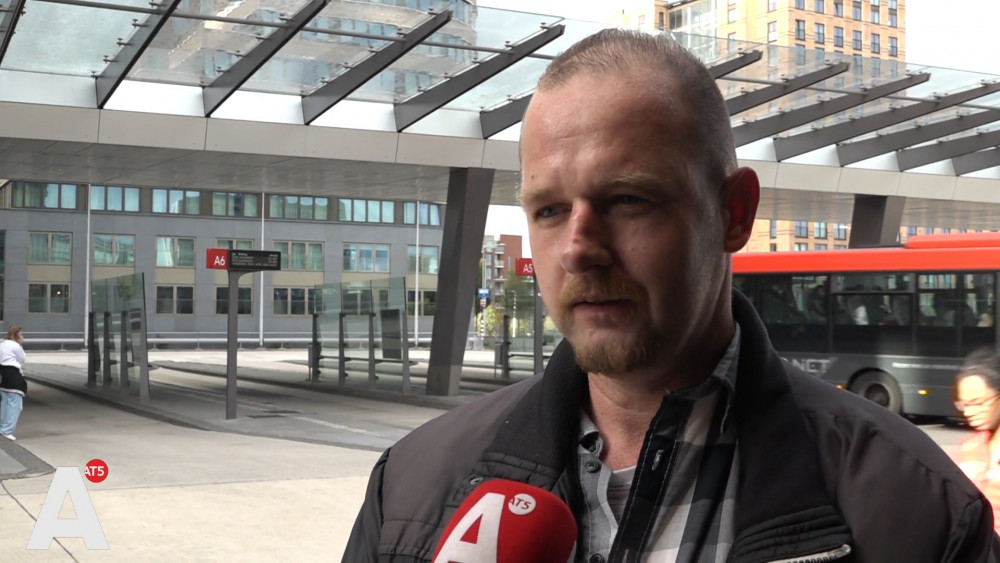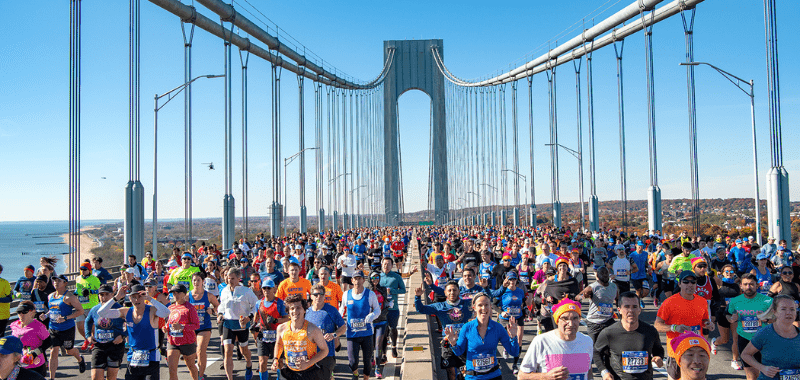Public transport users should also start to believe this. After rising prices for energy and more expensive food, the transport region feels obliged to pay for public transport as well to raise prices. And this, of course, generates little enthusiasm among travelers. “I need public transport for my work, so I have no other choice.”
Where you currently pay 17.9 cents per kilometer in Amsterdam when you go by public transport, it will soon be 19.6 cents. In addition, the starting fare that everyone pays for a ride will be increased by just over 7%.
Most travelers are obviously not very happy that this is also getting more expensive. “I think of my mother. She lives in Landsmeer and often comes to me by public transport in De Pijp. She doesn’t like driving a car anymore, so she really needs it,” says a woman at Noord station. “And students, for example, will also become more expensive for them despite the student card.”
“It’s not normal,” says another traveler at the bus station. “It’s not really normal. I think it’s a bit of a weird action.”
Other countries
According to foreign travelers, the Netherlands is an expensive country for transportation. A Spanish girl compares traveling here with there. “I can travel all over Madrid with twenty euros a month, since I have been studying here I have lost ten euros a day”.
The increase is unfortunately necessary depending on the transport region. Deficits will increase if the increase is not implemented. The increase in tariffs is mainly due to wage costs and, to a lesser extent, to the increase in the prices of diesel, gas and electricity.
“But why should it be taken away from the traveler?” asks a boy from Strandvliet station. We students are the future, if we can’t go to school because of financial problems, it’s very bad. They should look to compensation from schools. “


